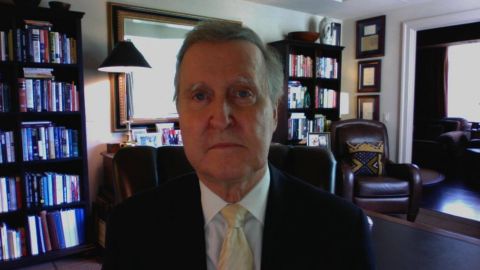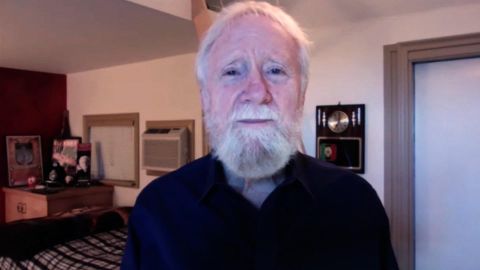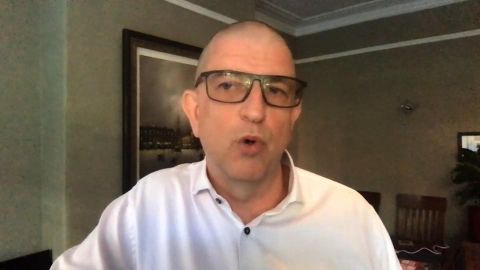Read Transcript EXPAND
CHRISTIANE AMANPOUR: So, in all the reading on the psychology of riots, for instance, some people say why it is never just mindless violence. So, I want to ask you about making a distinction between protests, between violent elements. Where — you have protests in the United States, Europe, all over the world, right, right here in England now, because of what happened in America and the George Floyd Black Lives Matter movement. And yet you have got leaders both here in the U.K. and in the U.S. calling them thugs, calling them radicals. Can you break down what you see on the streets and how it should be policed?
CLIFFORD STOTT, SOCIAL PSYCHOLOGY PROFESSOR, KEELE UNIVERSITY: Well, firstly, we need to move away from the Le Bonian idea of irrationality and realize that crowd action or collective action in a crowd is driven by meaning and understanding. And then we can ask the question, well, where do those meanings come from? And those meanings are often revolved around a sense of legitimacy or fairness and injustice. So, when we ask, why are people mobilizing onto the streets, they mobilize onto the streets for two primary reasons at the moment in America. One is the death of George Floyd in a particular incident, but also the extent to which that particular incident captures a broader structural inequality of the day-to-day interactions between large sections of the American population and the police force that is there to serve them. And in that experience is a sense of injustice that drives an identity through which people mobilize out onto the streets into a social movement to confront that injustice. So, for people involved, it’s highly meaningful for them. And to render it irrational denies us the opportunity to understand where that psychology comes from. And, indeed, that’s precisely why that psychology, that Le Bonian psychology, is so popular, because it does precisely that. It prevents governments having to ask questions. It prevents police forces having to ask questions about their own role in the production of that violence.
About This Episode EXPAND
Christiane speaks with former U.S. Secretary of Defense William Cohen about America’s relationship with the rest of the world and sociologist Clifford Stott about his work advising the UK government on how to reduce the risk of civil unrest in the wake of the pandemic. Michel Martin speaks with former Seattle Police Chief Norm Stamper about the “dark side” of police culture and how to fix it.
LEARN MORE


